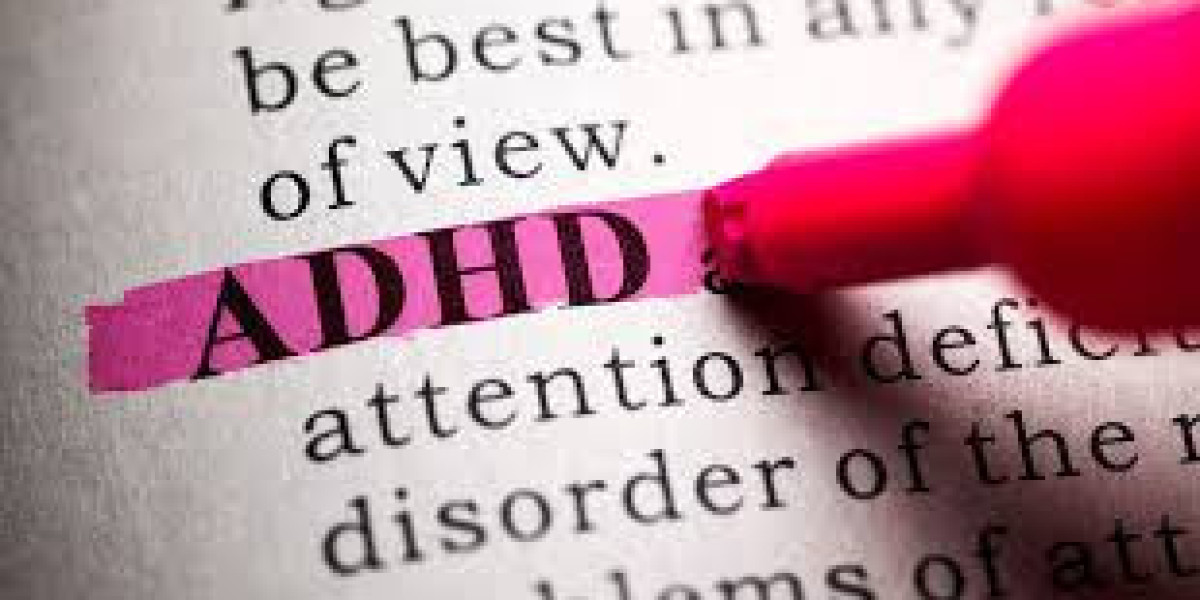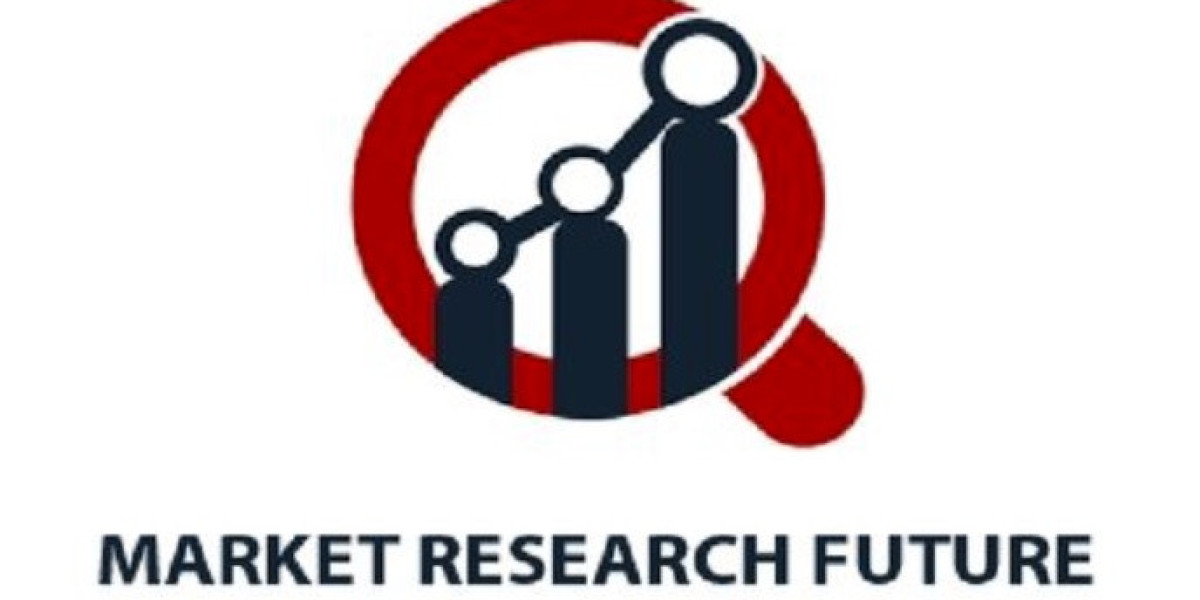What is Attention Deficit/Hyperactivity Disorder?
The American Psychological Association defines attention-deficit/hyperactive disorder (ADHD) as a neurodevelopmental condition characterized by inattention and impulsivity, with or without a hyperactivity component. While the illness is commonly linked with childhood, symptoms usually last into adulthood. Adults are also commonly diagnosed with ADHD.There are three major types: Predominantly inattentive: Most symptoms revolve around inattention. Symptoms are primarily hyperactive/impulsive. Symptoms include inattention, hyperactivity, and impulsivity.
How common is ADHD?
The Centers for Disease Control presented information on ADHD prevalence in children and adults.n In the United States, over 9.8% (6 million) of children aged 3 to 17 may be diagnosed with ADHD. Other mental, emotional, or behavioral issues may be present in six out of ten children with ADHD. In the United States, 62% of children with ADHD use medication, 47% receive behavioral therapy, and 23% may not receive any treatment at all. ADHD is thought to affect approximately 4.4% of individuals today, with a lifetime prevalence of up to 8.1%.
Identifying ADHD indications and symptoms.
According to mental health experts at Johns Hopkins Medicine, symptoms vary by person and ADHD subtype. According to researchers, hyperactive signs are virtually always present by the age of seven, and often considerably earlier. Other ADHD symptoms may not appear until the child enters elementary school. Symptoms may include the following: difficulty focusing and limited attention span, especially in schoolm Difficulty managing impulsive behaviors and resisting temptation Frequently losing or forgetting things. Trouble following through on pledges. Disorganization Frequent errors due to carelessness. Easily distracted. Difficulty taking rounds with others Unnecessary risk Fidgeting, wriggling, or having difficulty sitting still.
Standard approaches for treating ADHD
According to researchers at the Centers for Disease Control, common ADHD treatments may include psychotherapy, medication, and behavior modification. The American Academy of Pediatrics generally does not advocate medication for children under the age of six.
Medication
For many persons with attention-deficit/hyperactivity disorder, medication can be a helpful way to manage symptoms. Please consult with your doctor or mental health professional to learn more about ADHD medication and whether it is a good fit for you or your child. There is a large body of scientific evidence indicating that medicine can effectively relieve symptoms; studies demonstrate that stimulant medications produce a beneficial response in 70-80% of people.
Psychotherapy
ADHD can be treated using a variety of talk therapy approaches. Cognitive behavioral therapy (CBT) is one of the most common therapies. CBT often aims to uncover harmful or negative behaviors and cognitive patterns and replace them with healthier, more productive ones. Therapy can help children and adults notice and understand their emotions, develop a repertoire of useful coping skills, and learn communication techniques for effectively expressing their feelings and needs.
Behavioral modification
Therapies frequently include active, continuing, and evolving behavior management in order to improve habits and teach appropriate responses to diverse social settings. This strategy is one of the most prevalent approaches to treating ADHD. Behavior management training frequently gives parents practical techniques to interact with their children while discussing suitable and acceptable behavior. Young kids can receive assistance as they learn to self-correct actions in a specific scenario.
Additional ADHD Treatments
Alternative treatments may be used instead of or in addition to pharmacological techniques as part of a complete strategy. Before attempting any alternative therapy, consult with your doctor or mental health specialist. This is especially true for supplements, particularly if you want to give them to a youngster, because the FDA does not authorize most supplements. Furthermore, there is limited evidence on the usefulness of various assistance options. Working with a competent medical practitioner to address potential safety concerns and evaluate whether a supplement is appropriate might be beneficial. The following are some alternative therapies that may help improve behavior, minimize attention problems, and alleviate emotional difficulties.
Elimination Diets
According to one ADHD theory, removing foods that are known to cause hyperactivity may help to reduce symptoms. Sugar, artificial food coloring, chemicals, and common allergies such as wheat, milk, and eggs are thought to affect behavioral symptoms in certain persons with ADHD. Special diets may assist these people avoid increasing their symptoms. However, experts have raised concerns about the credibility of early research associating certain foods to ADHD, some of which may have been conducted with flawed methodology.
Essential Fatty Acids
Essential fatty acids are normally required for the proper functioning of the brain. There is evidence that lipids, such as omega-3 oils, can alleviate ADHD symptoms. In a comprehensive review published in the Journal of Attention Disorders, researchers discovered that taking particular omega-3 and omega-6 fatty acids could help with symptom reduction. Dietary Supplements Dietary supplements are widely used in complementary and alternative medicine to treat ADHD symptoms. While some people utilize vitamin or mineral supplements to treat ADHD, such as zinc, vitamin D, and iron, it is important to note that exceeding suggested daily amounts can be detrimental.
Herbal medications
Several recent clinical research suggest that herbal medications may be effective therapies for ADHD. However, the researchers stated that large-scale studies may be required to evaluate whether herbs are helpful and safe natural medicines. Proper dosages and interactions are likely to be investigated, highlighting the importance of discussing alternate ADHD therapies with your healthcare professional



